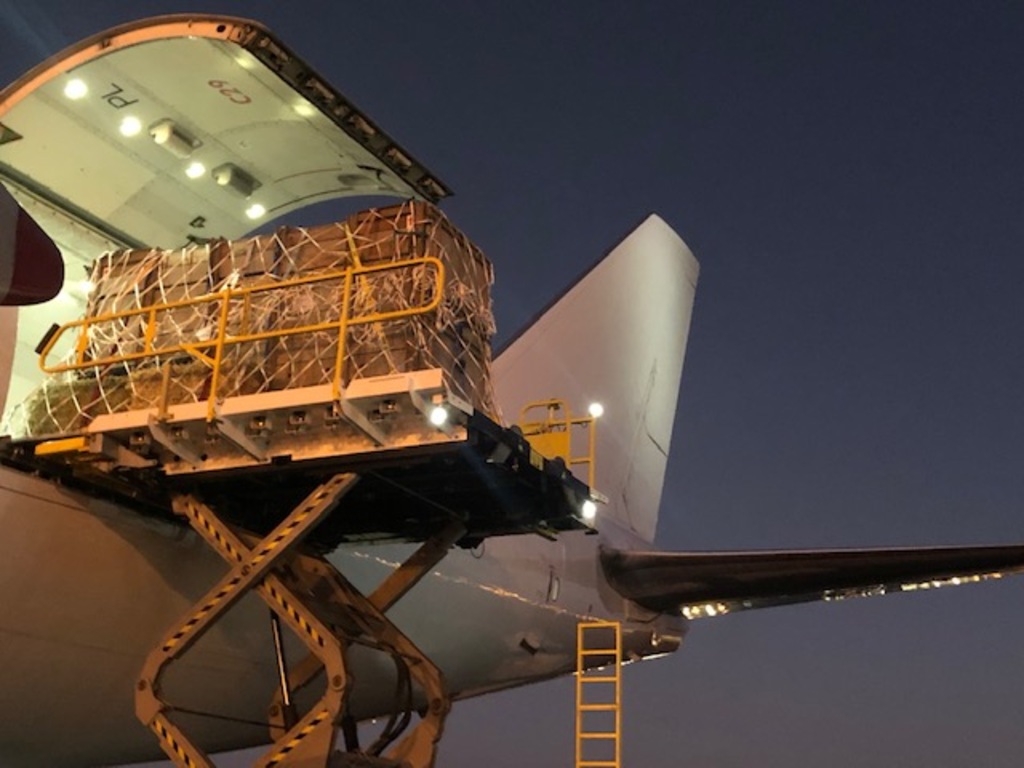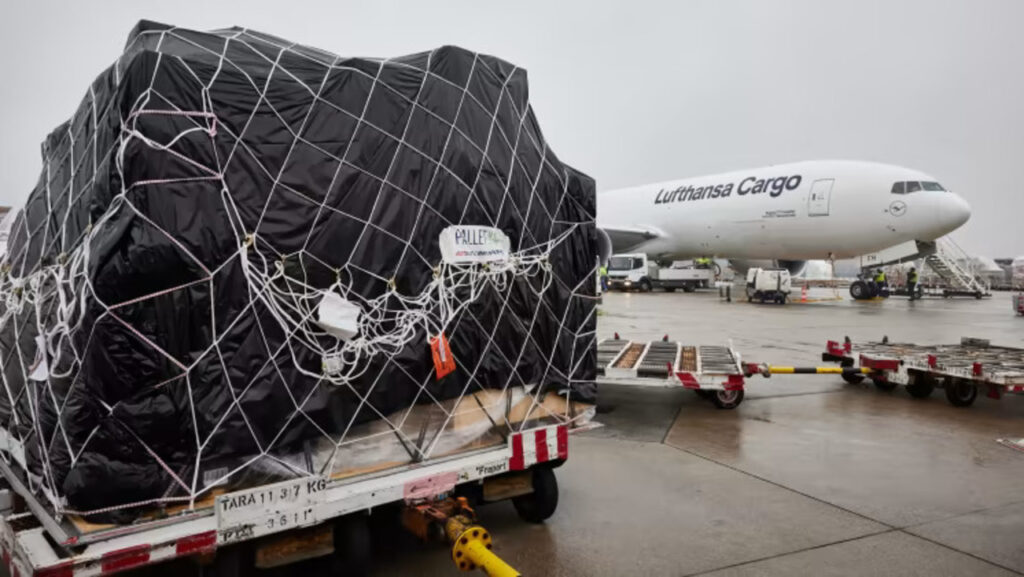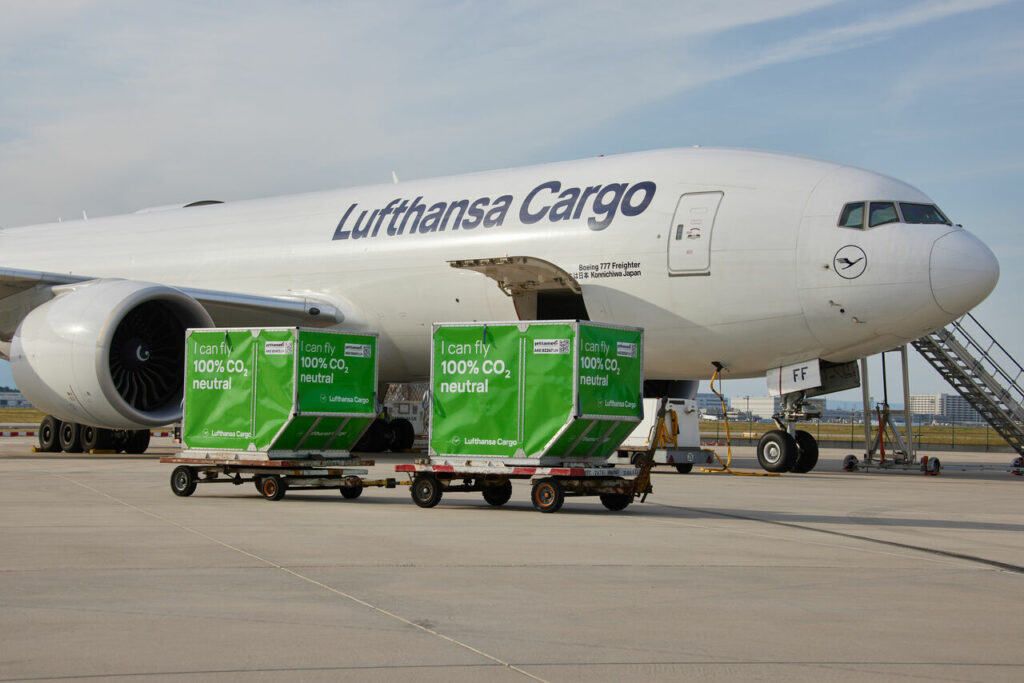IATA have released the July 2023 data for global markets showing that demand for air cargo strengthens despite challenges across the board and a slight downturn overall on previous levels.
Showing a significant improvement in performance over the previous month, the cargo capacity for July 23 has remained strong.

Comments from IATA
Along with the statement was this comment: “The International Air Transport Association (IATA) released data for July 2023 global air cargo markets, showing a continuing trend of recovering growth rates since February. July air cargo demand was tracking just 0.8% below the previous year’s levels.”
“Although demand is now basically flat compared to 2022, this is an improvement on recent months’ performance that is particularly significant given declines in global trade volumes and rising concerns over China’s economy.”
[monsterinsights_popular_posts_inline]
Willie Walsh, IATA’s Director General said: “Compared to July 2022, demand for air cargo was basically flat. Considering we were 3.4% below 2022 levels in June, that’s a significant improvement. And it continues a trend of strengthening demand that began in February.”
“How this trend will evolve in the coming months will be something to watch carefully. Many fundamental drivers of air cargo demand, such as trade volumes and export orders, remain weak or are deteriorating. And there are growing concerns over how China’s economy is developing.”
“At the same time, we are seeing shorter delivery times, which is normally a sign of increasing economic activity. Amid these mixed signals, strengthening demand gives us good reason to be cautiously optimistic.”
Factors at play
The operating environment had several points which are worthy of consideration
- Manufacturing output indexes for both the Manufacturing output Purchasing Managers Index (PMI) and new export orders PMI were below the critical threshold of 50 (49.0 and 46.3 respectively) indicating a global decline in production and export globally.
- Global cross border trade contacted for the 3rd consecutive month, decreasing 2.5% year on year.
- Global supplier PMI in July was in a stronger position overall for July, indicating less supply chain delays in all markets except China.

July Regional Performance
Asia-Pacific airlines saw their air cargo volumes increase by 2.7% in July 2023 compared to the same month in 2022. This was a significant improvement in performance compared to June (-3.3%).
North American carriers posted the weakest performance of all regions, with a 5.2% decrease in cargo volumes in July 2023 compared to the same month in 2022
European carriers saw their air cargo volumes decline by 1.5% in July compared to the same month in 2022. This was, however, an improvement in performance versus June (-3.2%).
Middle Eastern carriers experienced a 1.5% year-on-year increase in cargo volumes in July 2023. This was also an improvement to the previous month’s performance (0.6%).
Latin American carriers posted a 0.4% increase in cargo volumes compared to July 2022. This was a drop in performance compared to the previous month (2.2%). Capacity in July was up 10.0% compared to the same month in 2022.
African airlines had the strongest performance in July 2023, with a 2.9% increase in cargo volumes compared to July 2022. Notably, Africa–Asia routes experienced significant cargo demand growth (10.3%). Capacity was 11.0% above July 2022 levels.
The full report is available from IATA here.

Click the banner to subscribe to our weekly newsleter.









